ABOUT THE PROJECT
Information about the project participants
Project idea
Name:
Saints and Heroes: From Christianization to Nationalism. Symbol, Image, Memory (North-West Russia, Baltic and Northern European countries)
Keywords:
identity, "imaginary communities", ethnocultural community, romantic nationalism, nation-building, religion, confessionalization, saints, canonization, historical imagology
Annotation:
Cults of saints were used for the formation of Christian identities directly after the Christianization of the northern and eastern regions of the Baltic Sea. After the Middle Ages, in the early modern period and also in the modern period, further mythologization of the cults of local saints took place and additionally, heroes were found in the past. Heroes were historical figures associated with a particular event, important for the formation of the image of a group’s identity. In the era of national romanticism, some of these rulers, military leaders or scholars were upheaved to a status as national heroes. Saints and heroes turned out to be symbolic figures in which fundamentally important images of local, ethnocultural and later national discourse were embodied, thanks to which the emergence of an ‘imagined community’ became possible.
The project proposes the study of the evolution of images of medieval saints and heroes based in the Baltic Sea region from the Middle Ages to the early modern and modern period, thereby filling a gap of research on heroes which has been primarily focused on Western Europe. All Christian confessions (Catholicism, Protestantism, Orthodoxy) are represented here, paganism remained influential for a long time. The initial diversity of identities makes this region particularly interesting for comparative research, as well as the obvious differences in the preferences of chosen heroes: male or female, individuals or collectives, military or intellectual.
The aim of this project is a comparative analysis of key figures of national and local identity in the Baltic Sea region — basically, what qualified a person to become a hero for later periods. In some cases, this will mean the actual cult of personalities; in others, certain persons only lend their names to places of significance to a specific population. The comparison of these phenomena will gain deeper insights into the patterns of development of national and nationalistic cultures around the Baltic Sea and thus help explain differences in contemporary political culture. Have certain countries and regions had a specific taste for warrior kings? How is the distribution of male and female identification figures? How did they start? How did they transform in history? Through what images and symbols were these models presented? The geographical scope of the study is Northern Germany, Scandinavia, Southern Finland and Karelia, the Northwest lands of Russia, former Livonia (modern-day Estonia and Latvia), the former Grand Duchy of Lithuania (modern-day Lithuania and Belarus), Prussia and Pomerania of the Kingdom of Poland (Polish-Lithuanian Commonwealth).
Expected results:
The result of the study will be the creation of the concept of the formation of identities from ethnocultural to national in the Baltic region through discourses and symbols related to the evolution of images of medieval saints and heroes. In addition to addressing private source research issues, new sources (archival) will also be introduced into circulation. It is planned to compile an anthology of these sources in Russian and German. The main results of the project will be presented in special issues of scientific journals Web of Science or Scopus. It is planned to publish anthology with contributions from selected project members.
Information about the project participants
Project manager from the Russian side
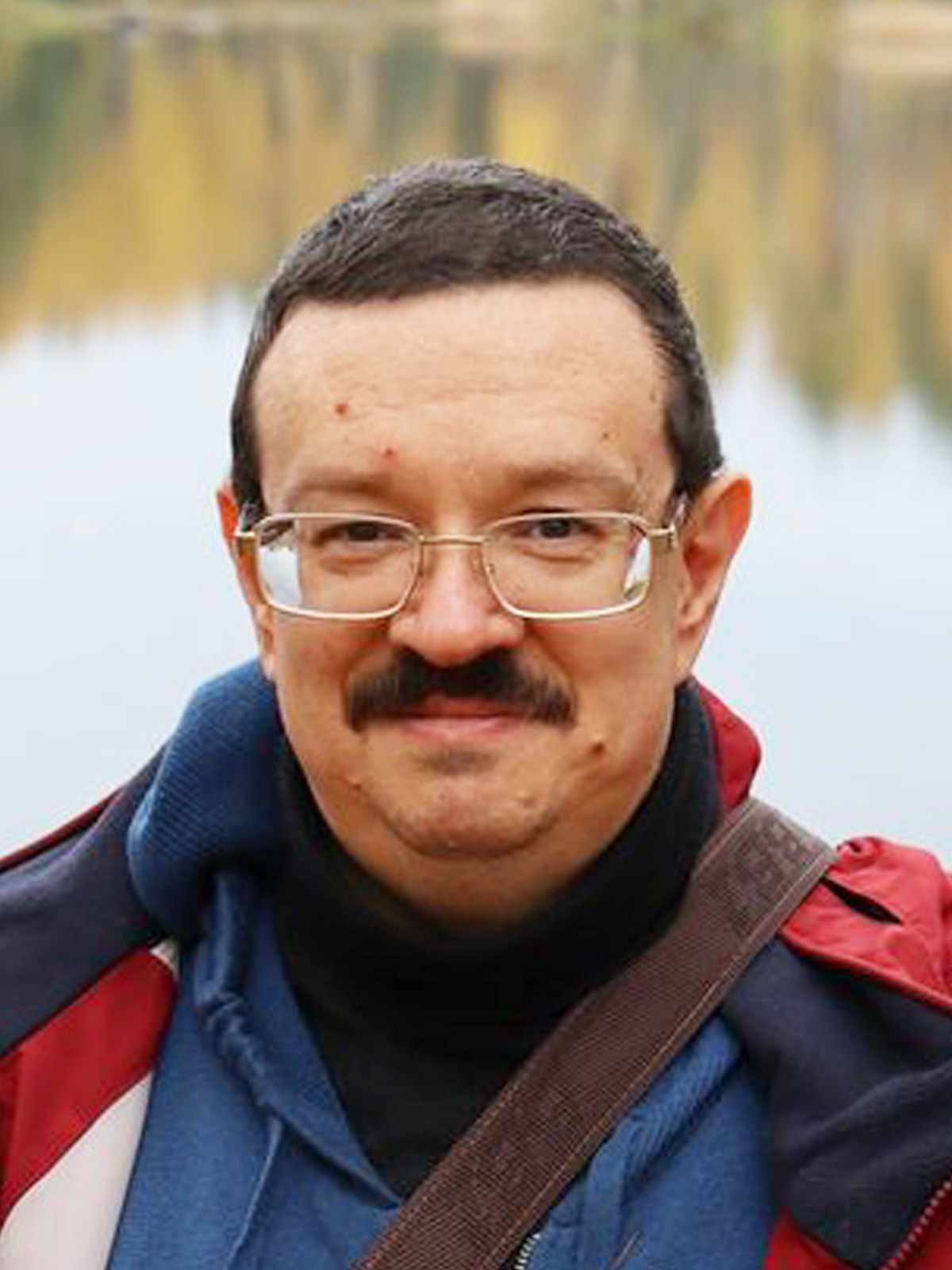
Aleksander Ilyich Filyushkin
Dr. Sc. in History, Professor, Head of the Department of History of Slavic and Balkan Countries, St. Petersburg State University, Editor-in-Chief of the international journal for historical Slavic studies “Studia Slavica et Balcanica Petropolitana”. In the project, he studies plots related to the history of North-West Russia, the Grand Duchy of Lithuania, the Livonian Order, historical memory and historical politics in these regions from the Middle Ages to the New Age.
Information about biography and publications:
Page on the SPbU website
Wikipedia
ORCID 0000-0003-2456-7514
The main executors of the project:
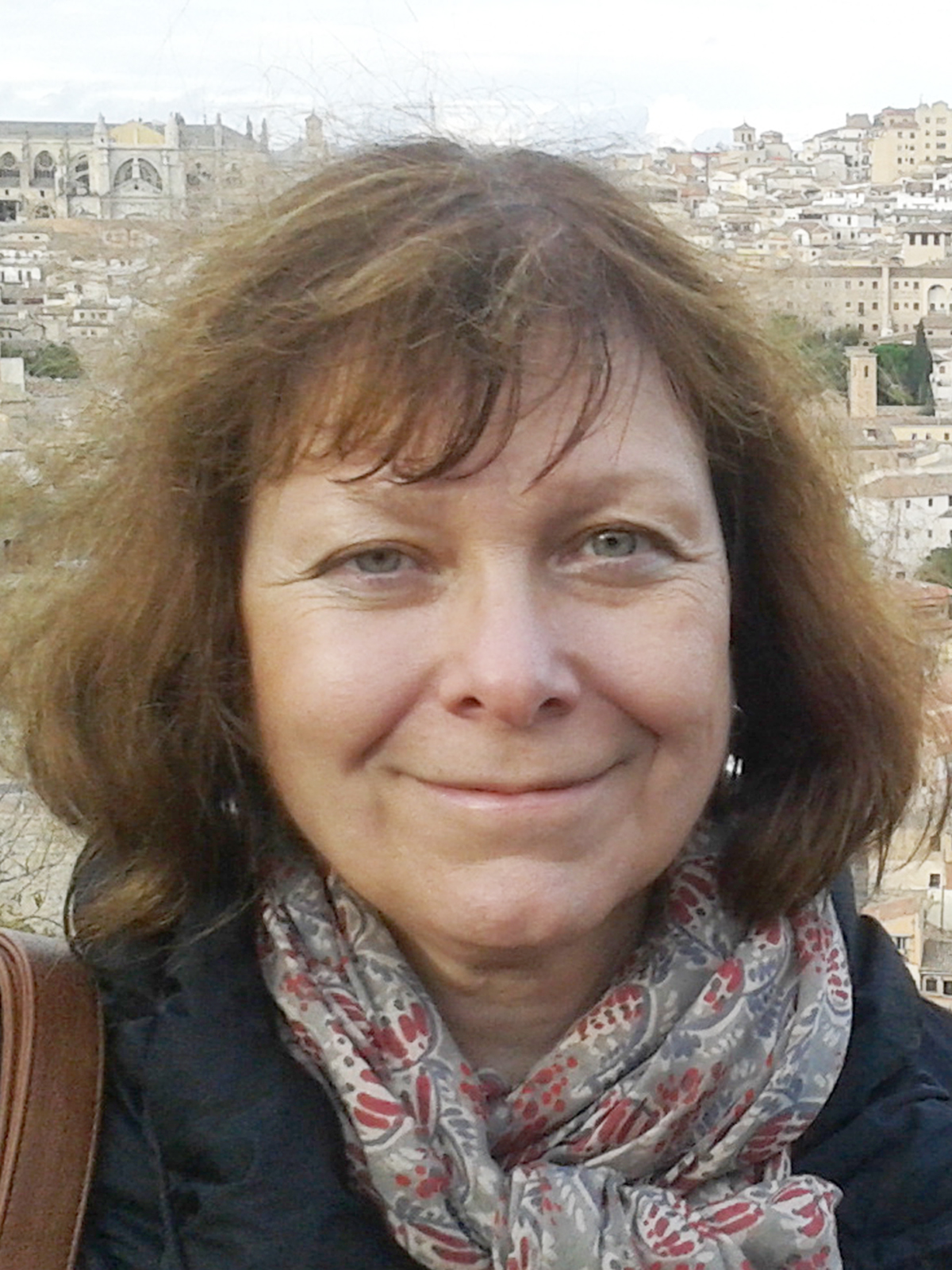 Marianna Mikhaylovna Shakhnovich
Marianna Mikhaylovna Shakhnovich
Dr. Sc. in Philosophy, Professor, Head of the Department of Philosophy of Religion and Religious Studies, St. Petersburg State University, member of the editorial board of journals: "State, Religion and Church in Russia and Abroad"; “Bulletin of St. Petersburg State University. Philosophy and Conflictology "; "Religious Studies". In the project, he studies the reception of the cult of saints in Soviet historical science, museum practice and cultural policy, as well as studies the veneration of saints in everyday life, primarily during the period of active anti-religious propaganda in the USSR in the 1920s – 1930s and in the 1950–1960s.
In the past five years, he has been researching the history of the study of religion in Russia in the 19th - first half of the 20th centuries, including under the auspices of the Russian Science Foundation and the Russian Foundation for Basic Research.
Information about biography and publications:
Page on the SPbU website
ORCID 0000-0001-8978-2835
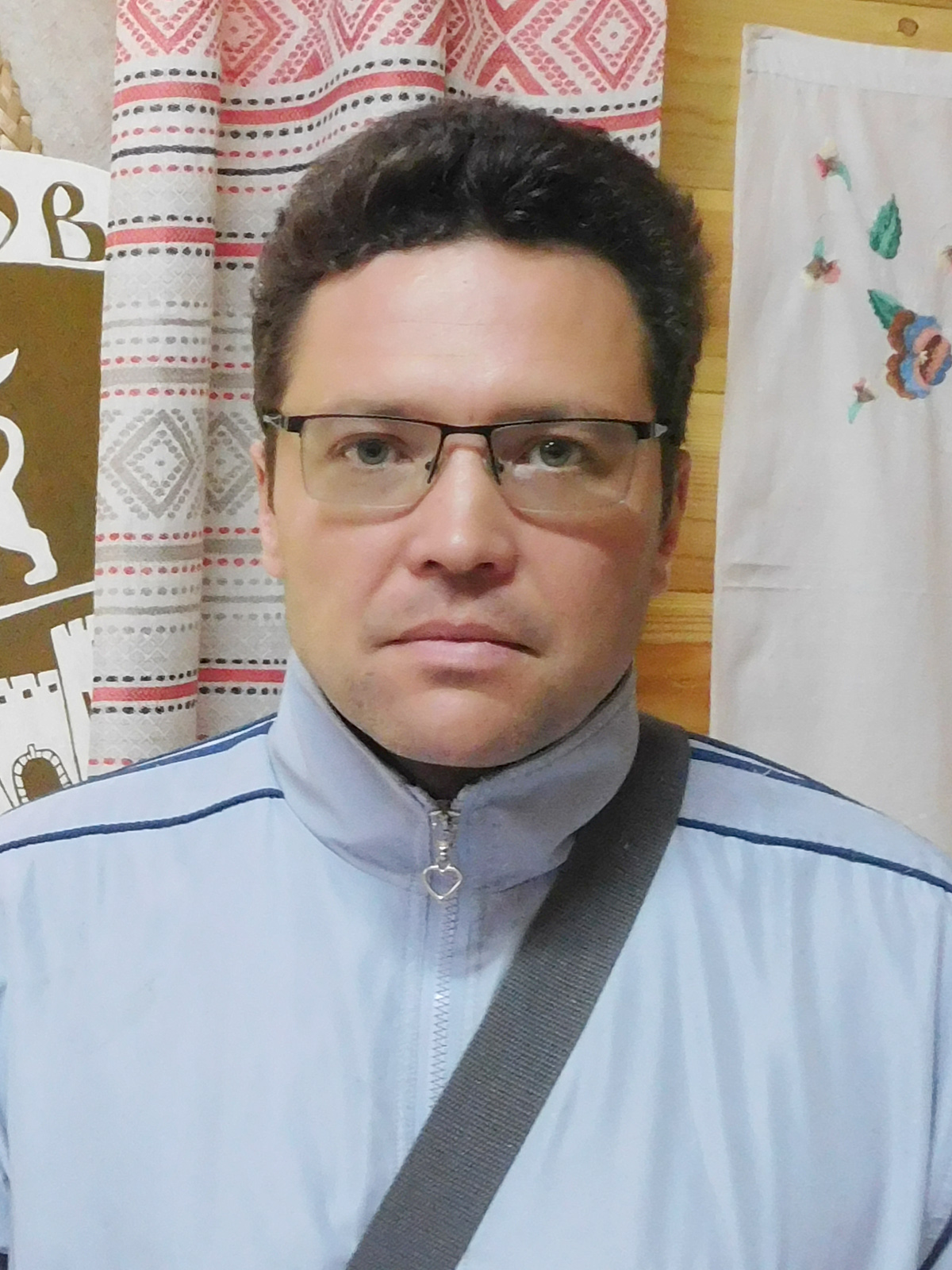
Roman Aleksandrovich Sokolov
Dr. Sc. in History, Chief Research Fellow, St. Petersburg State University; professor, head of the department of Russian history from ancient times to the beginning of the 19th century, director of the Institute of History and Social Sciences of the Russian State Pedagogical University. A. I. Herzen. In the project, he studies plots related to the history of the formation of the cult of saints in North-West Russia and the historical memory of them on a chronological cut from antiquity to the era of modern times.
Information about biography and publications:
Page on the SPbU website
ORCID 0000-0002-3206-7635
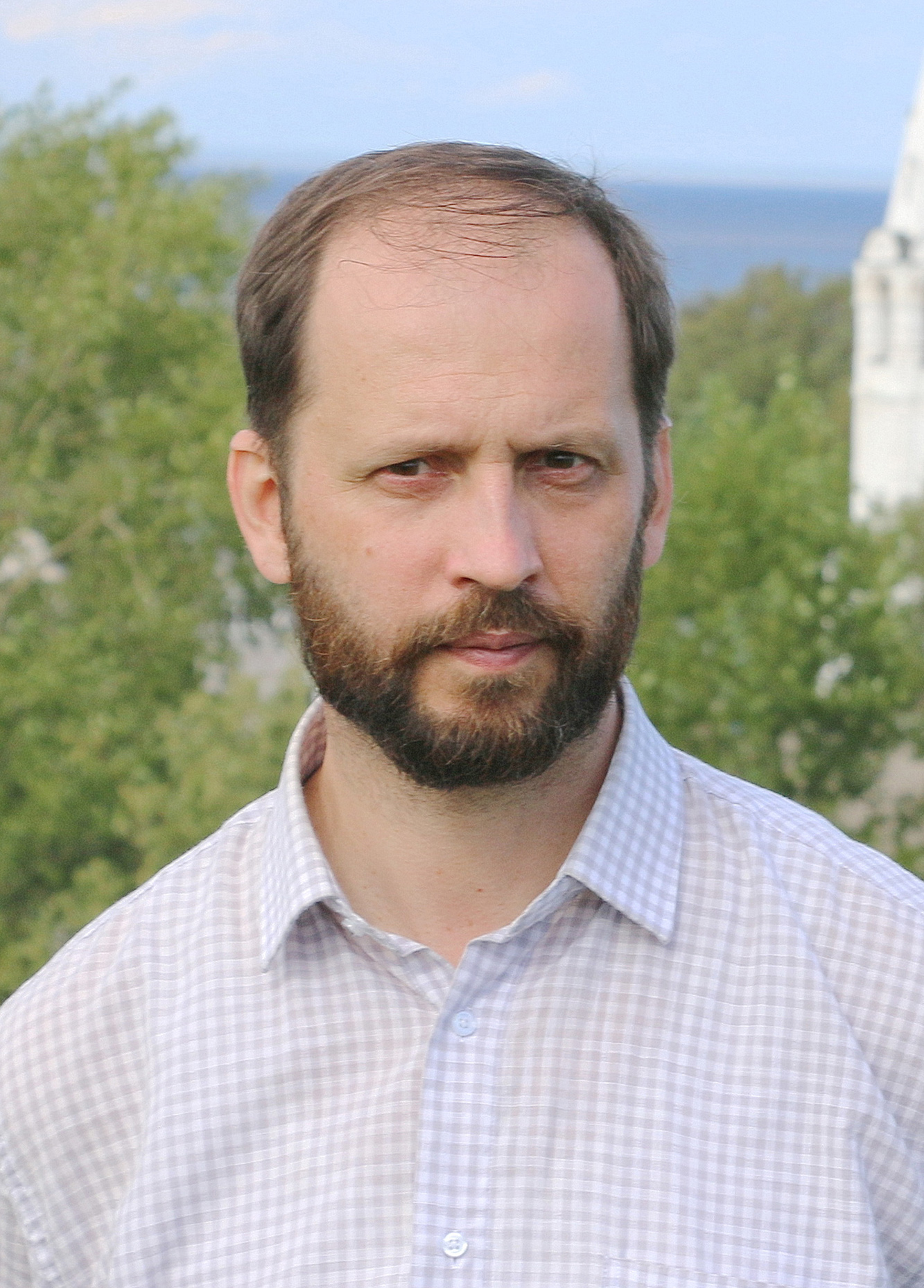 Evgeny Valentinovich Khodakovsky (project participant 2022-2023)
Evgeny Valentinovich Khodakovsky (project participant 2022-2023)
PhD in Art History, Associate Professor, Head of the Department of History of Russian Art of St. Petersburg State University, Deputy Editor-in-Chief of the journal "Vestnik of St. Petersburg State University. Art Criticism", expert of the Russian Academy of Sciences. Author of over 70 publications on the history of Russian and foreign architecture and art. In the project, he develops subjects related to saints, monasteries and church parishes of the Russian North.
Information about biography and publications:
Page on the SPbU website
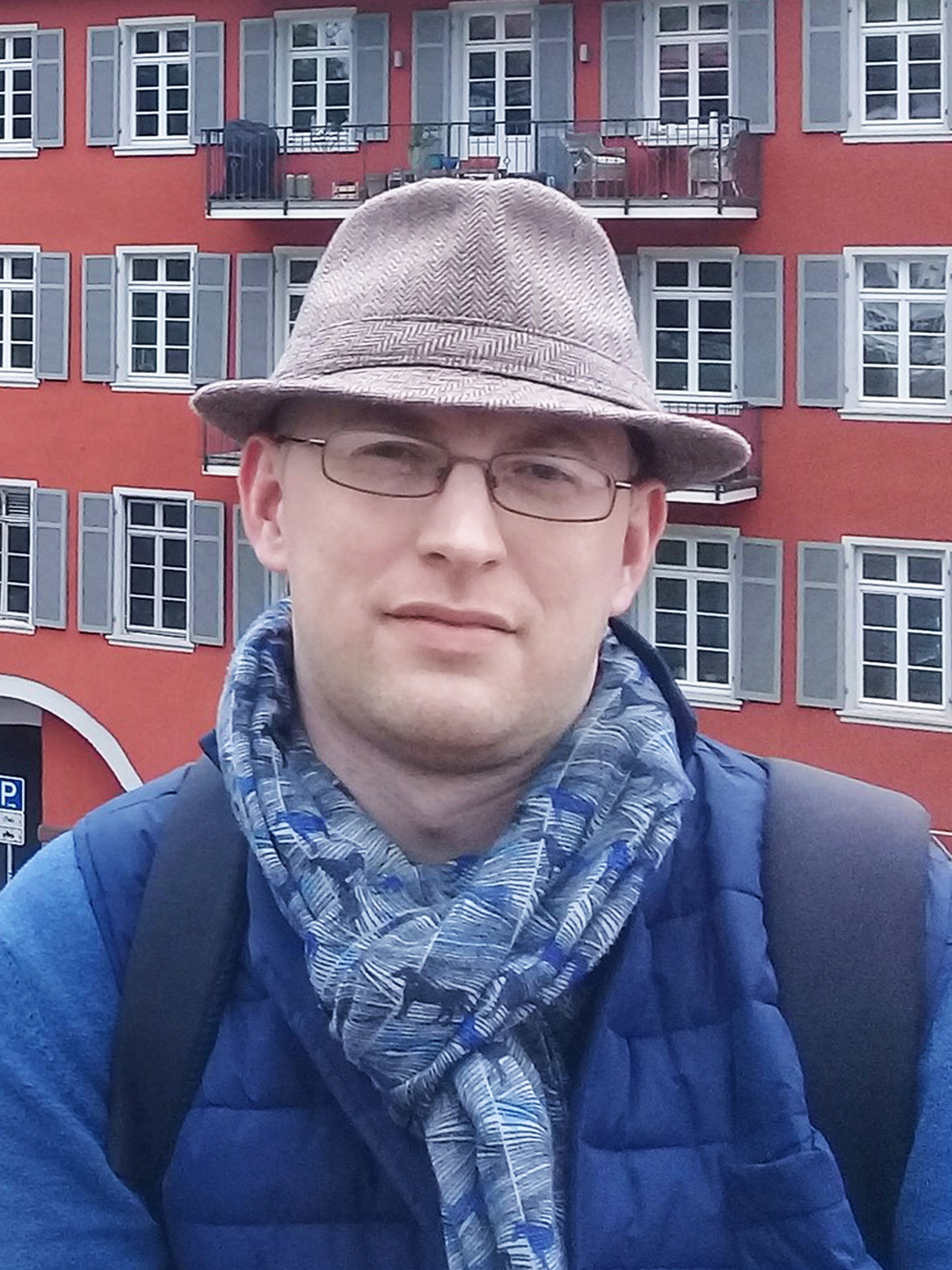 Dmitriy Ivanovich Weber (project participant in 2021)
Dmitriy Ivanovich Weber (project participant in 2021)
PhD in History,
Associate Professor, Department of Philosophy of Religion and Religious Studies, St. Petersburg State University, member of the editorial board of the Baltische Historische Kommission and Hansischer Geschichtsverein. In the project, he studies plots related to the history of the Teutonic Order, Prussia, Livonia, historical memory and historical politics in these regions from the Middle Ages to the Modern Age.
In 2016, he was the holder of the Gerda Henkel Stiftung grant.
Information about biography and publications:
Page on the SPbU website
ORCID 0000-0002-6158-7701
Project executors:
Kati Mari Johanna Parppei (project participant in 2021)
Visiting Research Fellow, Institute of History, St.-Petersburg state university, St.-Petersburg, Russia; Academy Research Fellow, Adjunct Professor, Department of Geographical and Historical Studies, University of Eastern Finland; Life Member, Clare Hall, University of Cambridge (UK)
Information about biography and publications:
Personal page
Scopus ID 36161985900
Anti Selart (project participant in 2021)
PhD in History, Visiting Research Fellow, Institute of History, St.-Petersburg state university, St.-Petersburg, Russia; Professor of Medieval History, University of Tartu, Tartu, Estonia
Information about biography and publications:
ORCID https://orcid.org/0000-0001-8608-9154
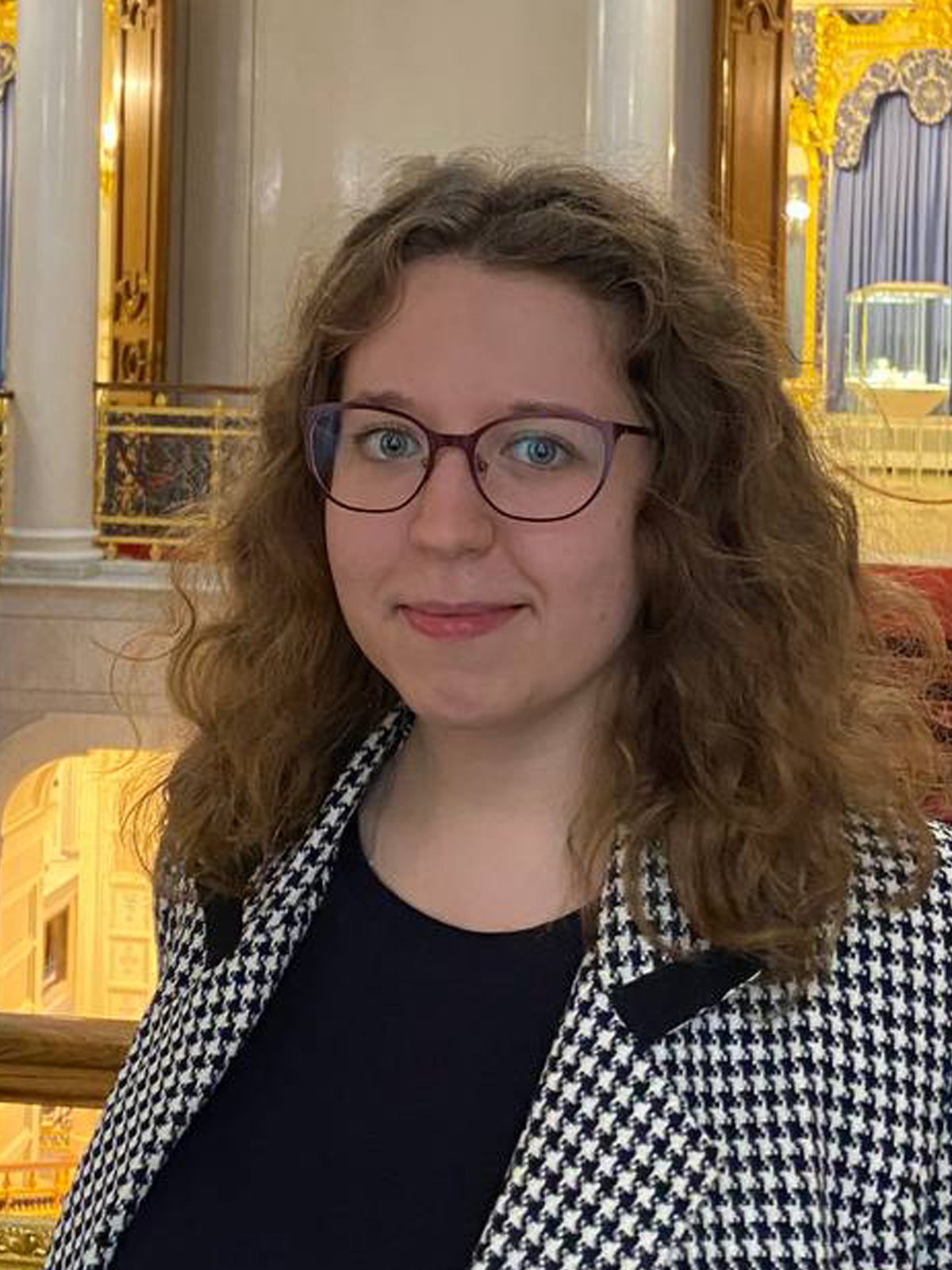 Irina Nikolaevna Smirnova
Irina Nikolaevna Smirnova
Junior Research Fellow, St. Petersburg State University The project studies the issue of preserving church values and monuments associated with saints and cults of the North-West after 1917. On the basis of archival materials, he analyzes the representation of images of Russian saints in exhibitions formed in museums in the North-West of Russia after the October Revolution of 1917.
Information about biography and publications:
ORCID https://orcid.org/0000-0003-4455-5094
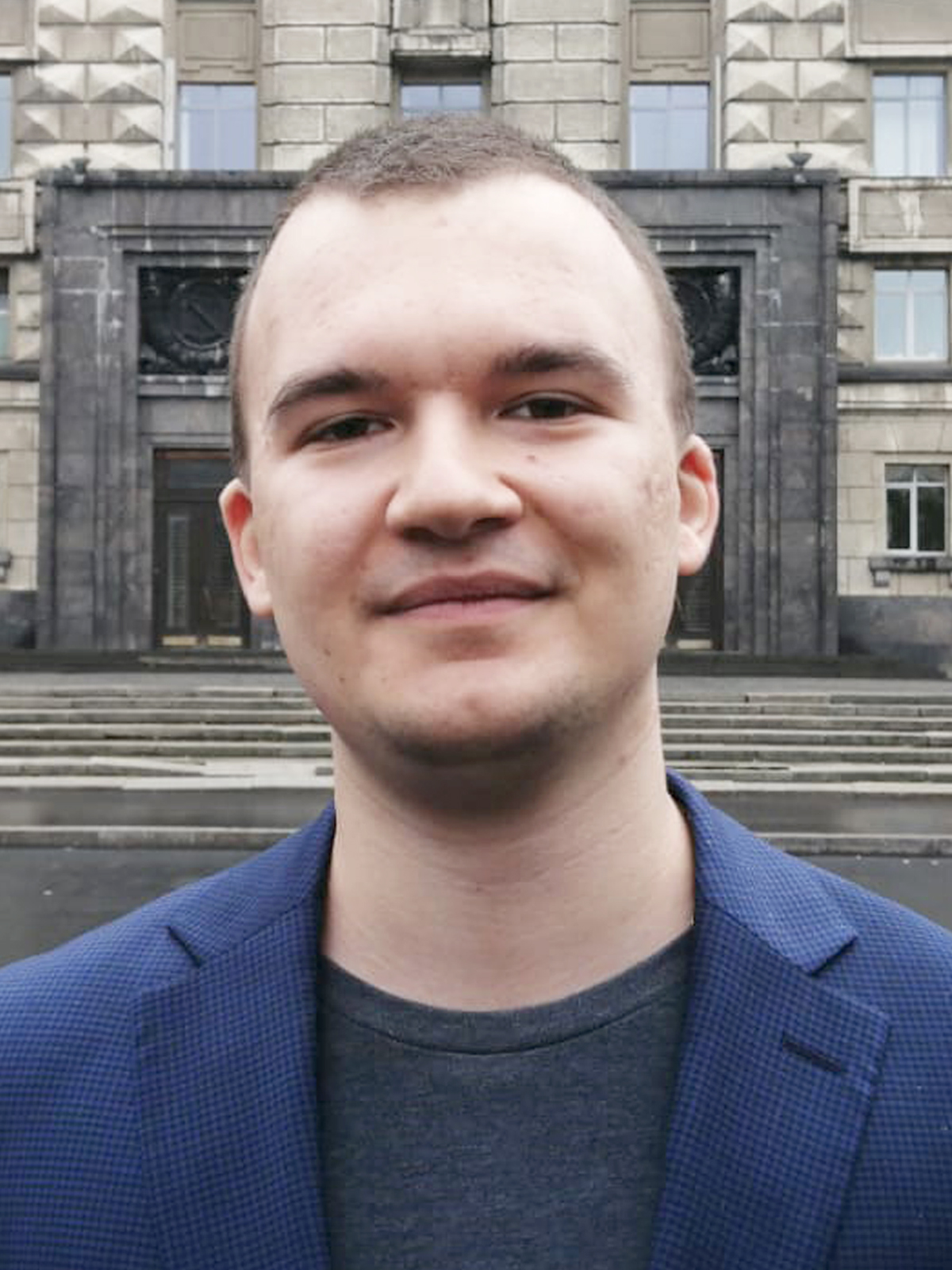 Victor Ilyich Koronevsky
Victor Ilyich Koronevsky
Research Assistant, St. Petersburg State University The project studies plots related to the territories of the former Grand Duchy of Lithuania, the historical memory in this region in the 19th - early 20th centuries, the evolution of the cults of local saints in the context of the development of nationalism, the history of the veneration of St. Euphrosyne of Polotsk.
Information about biography and publications:
Profile at Pure SPbSU
ORCID https://orcid.org/0000-0001-5910-6799
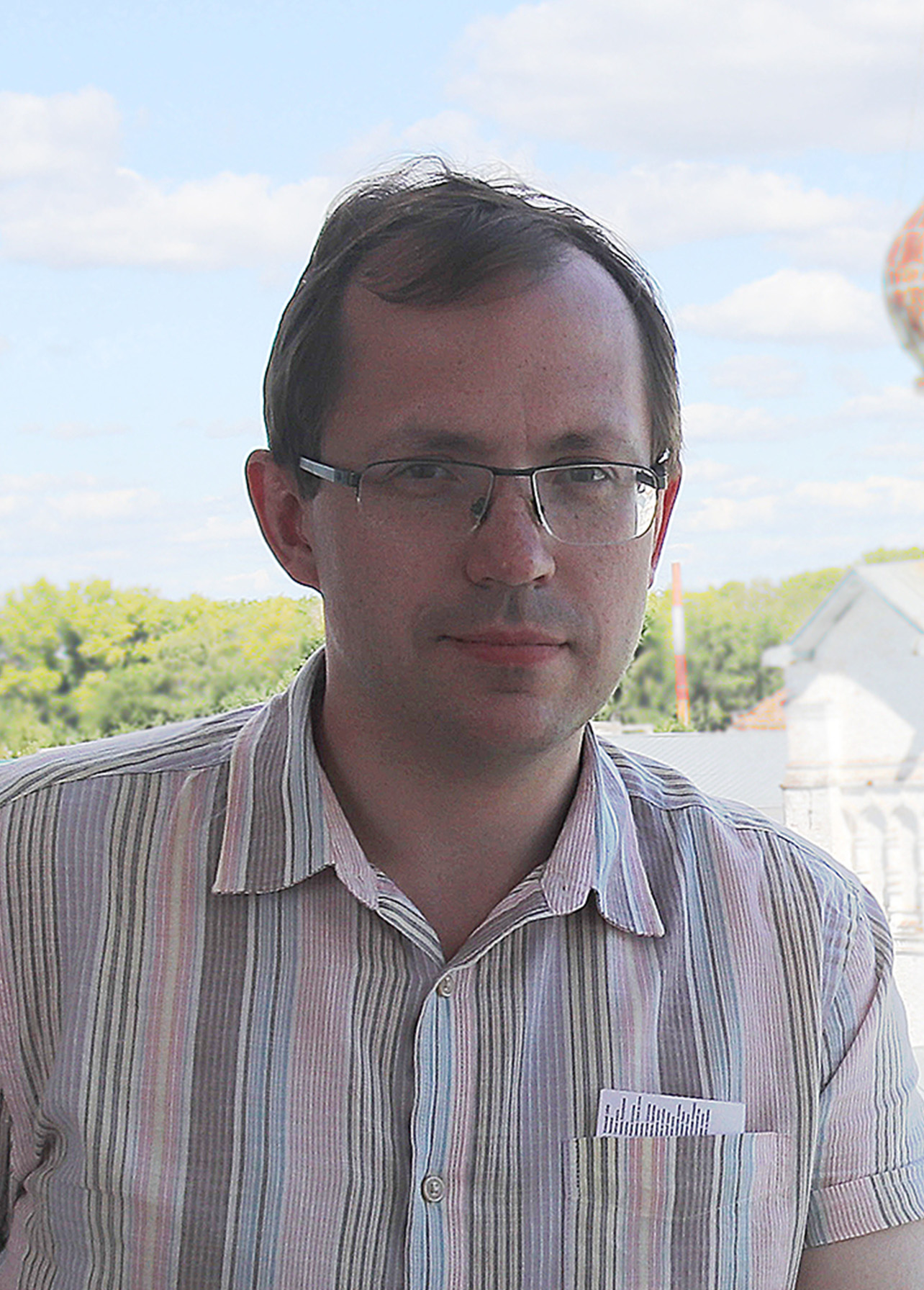 Oleg Anatolyevich Lubeznikov (project participant in 2022-2023)
Oleg Anatolyevich Lubeznikov (project participant in 2022-2023)
Candidate of Historical Sciences, Associate Professor of the Department of Museum and Monument Protection, St. Petersburg State University, member of the editorial board of the scientific peer-reviewed journal "Museum. Monument. Heritage" (http://museumstudy.ru/mmh-journal ).
Information about biography and publications:
Profile at Pure SPbSU
ORCID 0000-0003-3086-0696
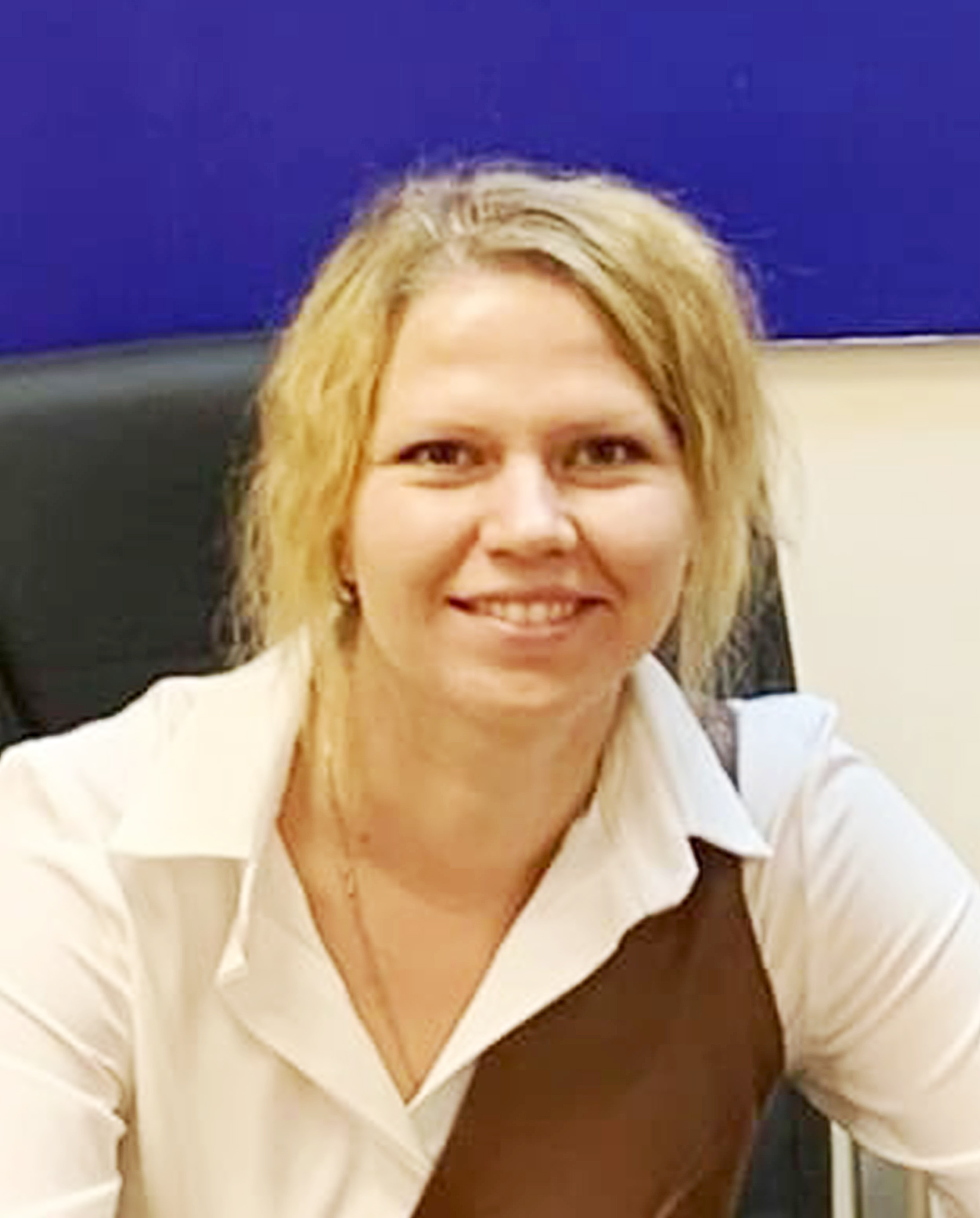 Natalya Valeryevna Turygina (participant of the grant in 2022-2023)
Natalya Valeryevna Turygina (participant of the grant in 2022-2023)
PhD in History, Senior Lecturer, St. Petersburg State University, editor of the international journal of Historical Slavistics "Studia Slavica et Balcanica Petropolitana". In the project she studies subjects related to the history of Central Europe and the Balkans, historical memory and historical politics in these regions in the XX century.
Information about biography and publications:
Profile at Pure SPbSU
ORCID 0000-0003-0332-0096
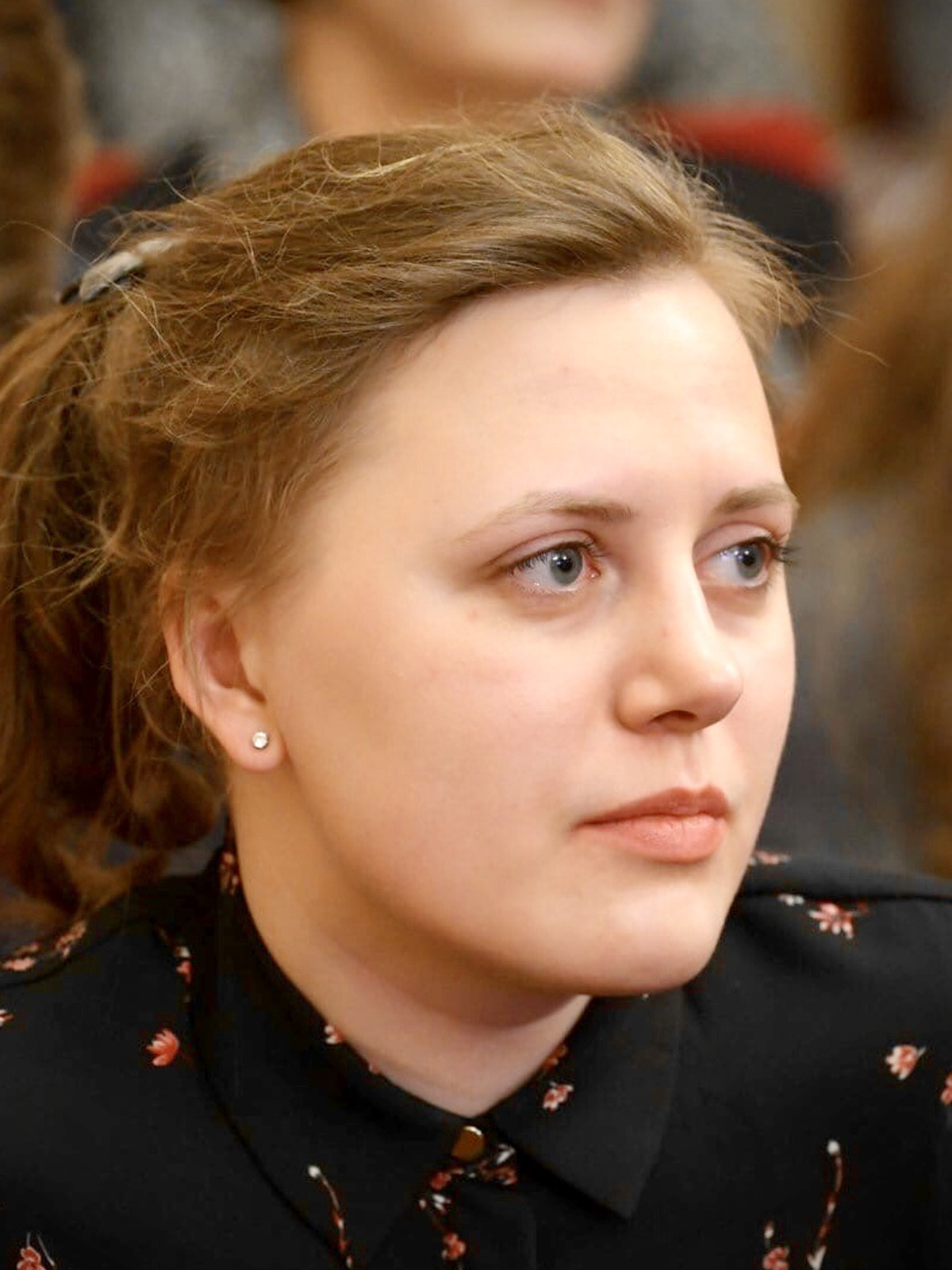
Svetlana Sergeevna Abuzina (project participant in 2021)
Research Engineer, St. Petersburg State University The project is engaged in the study of German chronicles and their lists in the archives of St. Petersburg, first of all, their value as historical sources for studying the history of veneration of saints and the formation of heroes in the German and Baltic traditions.
ORCID https://orcid.org/0000-0001-5047-9310
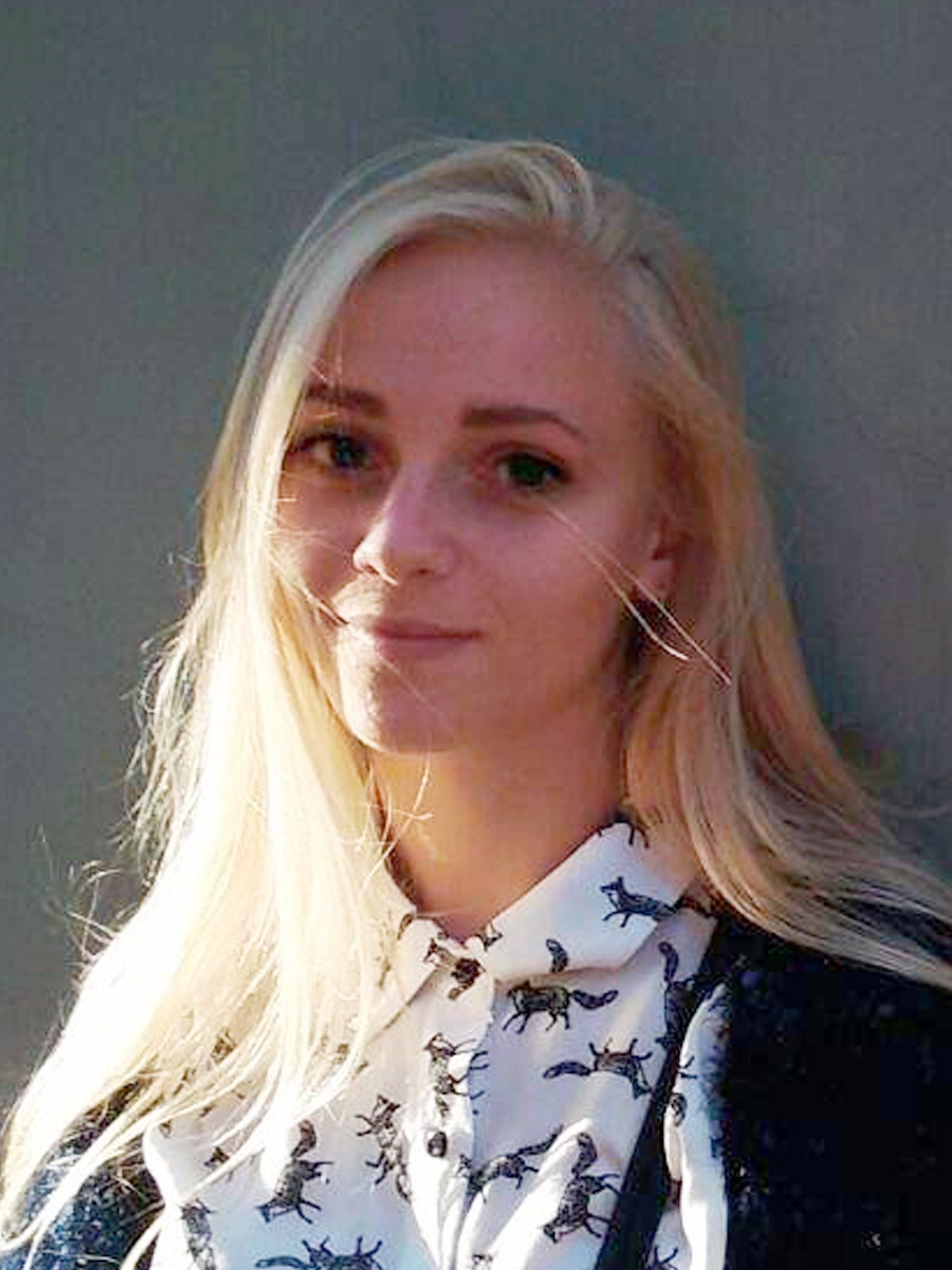
Tatiana Dmitrievna Medvedeva (project participant in 2021)
research laboratory assistant, St. Petersburg State University. In the project she is engaged in the study of the Livonian chronicles of the early modern times, as well as plots related to the history of Livonia and the Livonian Order.
ORCID https://orcid.org/0000-0002-5498-4880
Project manager from the German side (project participants in 2022)
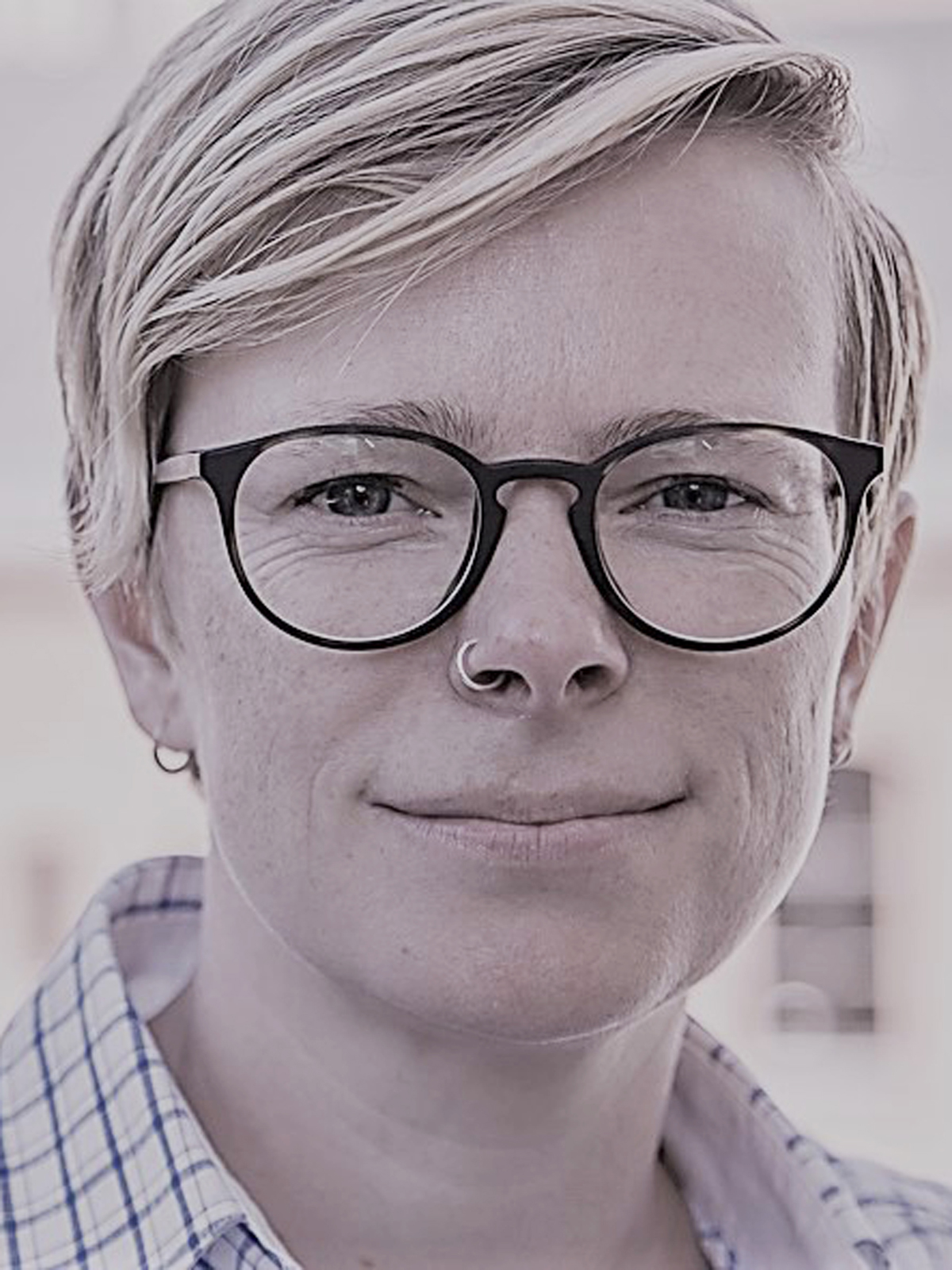 Cordelia Heß (project participant in 2021)
Cordelia Heß (project participant in 2021)
is professor of Nordic History at the University of Greifswald since 2017. She received her doctoral title in 2007 from the University of Hamburg, and the title of docent from the University of Stockholm in 2013. She has been working as an associate professor at the University of Gothenburg and has spent time as research fellow and guest professor in Wolfenbüttel, Tel Aviv, Tampere and Nuuk. Her research interests are the cultural and religious history of the Baltic Sea region with a focus on the Late Middle Ages, antismeitism in a long-term historical perspective.
Main publications include Heilige machen im spätmittelalterlichen Ostseeraum (Berlin 2008), Social Imagery in Middle Low German (Leiden 2013), The Medieval Roots of Antisemitism (with Jonathan Adams, New York 2018). She is co-editor of the book series Religious Minorities in the North: History, Politics, and Culture (DeGruyter).
Information about biography and publications:
Personal page
 Gustavs Strenga (project participant in 2021)
Gustavs Strenga (project participant in 2021)
is a historian and post-doc at the University of Greifswald. Gustavs has received his Bachelor’s degree from the University of Latvia (2004), Master’s degree in Medieval studies from the Central European University (2006) and defended his PhD Thesis «Remembering the Dead: Collective Memoria in Late Medieval Livonia» at the Queen Mary University of London (2014). He is also affiliated with the National Library of Latvia where he has been active as a senior researcher and exhibition curator. Gustavs has been fellow (2009–2012) at the PhD research group (GRK 1288) at the University of Freiburg and a post-doc research fellow (2018-2020) at the Tallinn University. Gustavs main research interests are: the history of medieval Livonia, memory studies, gift giving as a historical phenomenon and book history. In this project Gustavs is working on commemoration of the first Livonian bishops (Meinhard, Berthold and Albert), the Master of the Teutonic order’s Livonian branch Wolter von Plettenberg, and Latvian ‘medieval heroes’.
Information about biography and publications:
Personal page
Contacts:
Project manager from the Russian side Aleksander Filyushkin, e-mail: This email address is being protected from spambots. You need JavaScript enabled to view it.
Project manager from the German side Cordelia Heß, e-mail: This email address is being protected from spambots. You need JavaScript enabled to view it.
Research support:
Supported by the Russian Science Foundation, project № 21-48-04402

 English (United Kingdom)
English (United Kingdom)  Russian (Russia)
Russian (Russia) 






















